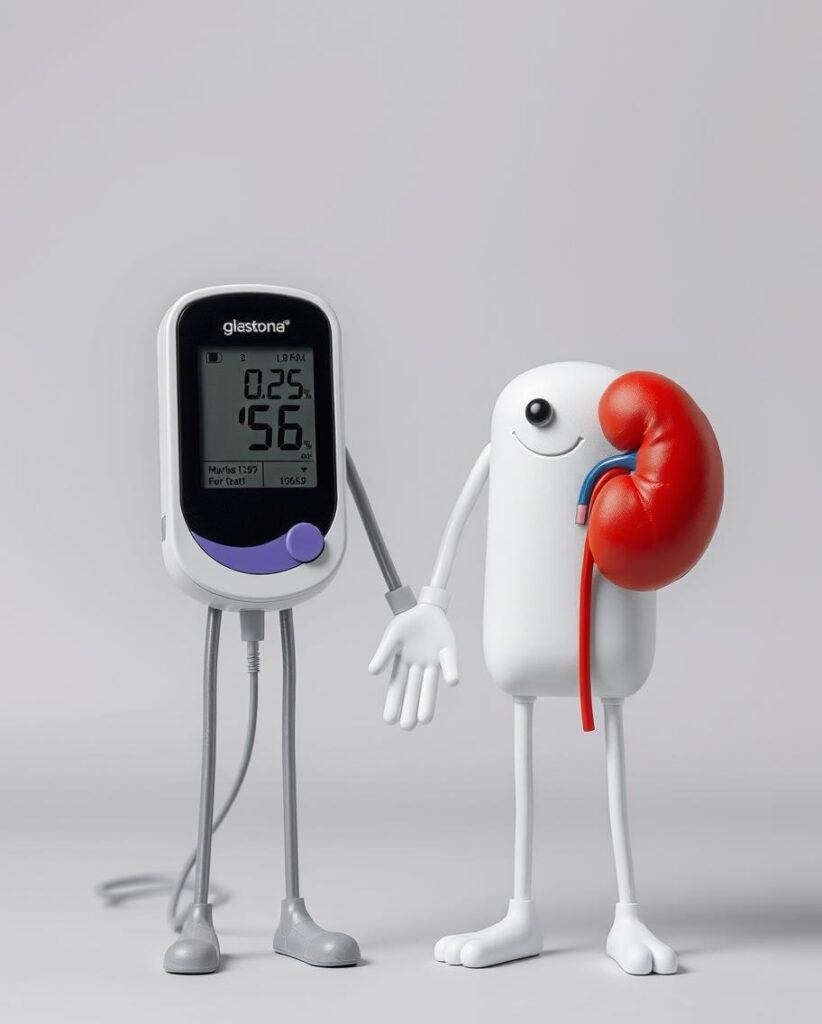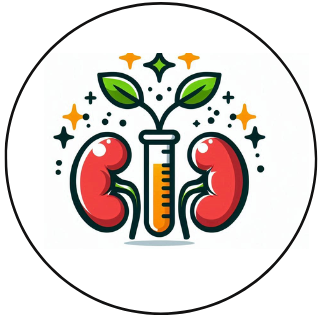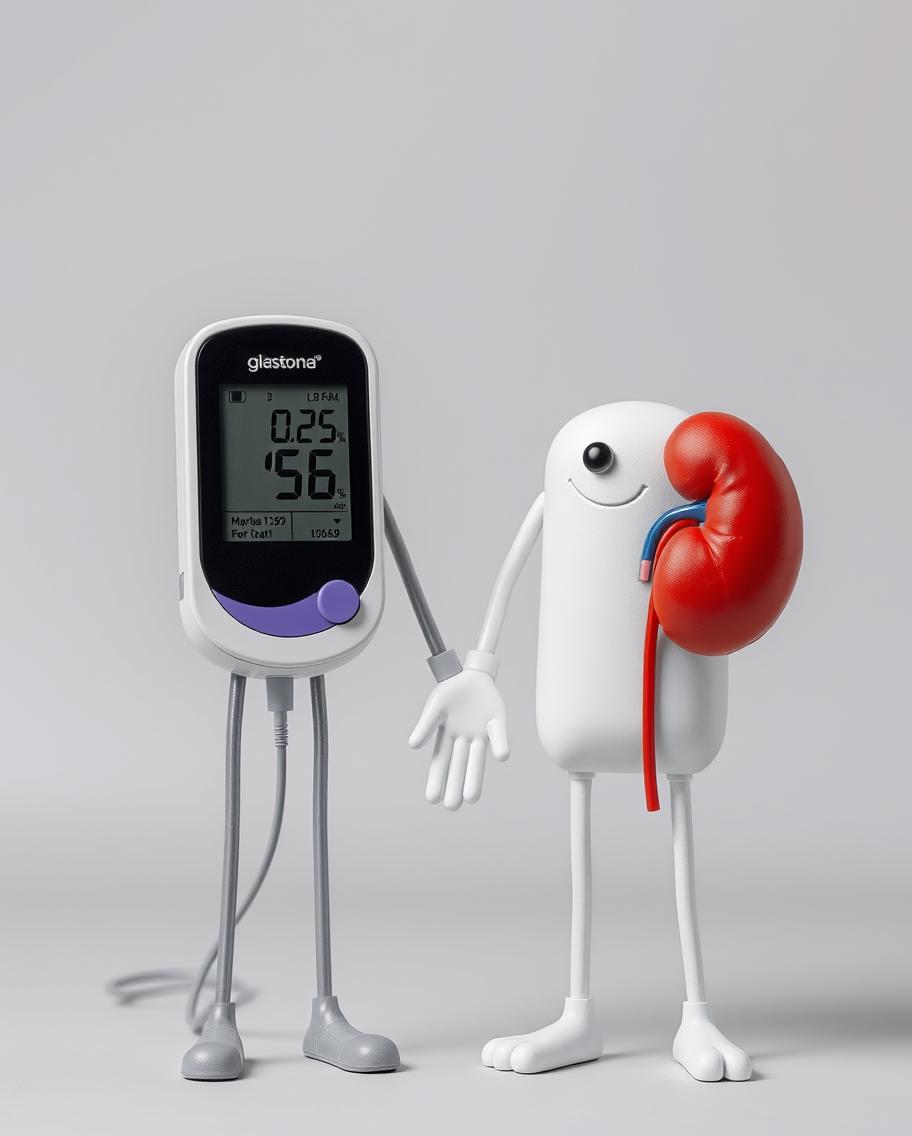
Understanding the Link Between Diabetes and Kidney Disease: Essential Insights
Diabetes and kidney disease often go hand in hand, creating a complex health challenge that requires careful management. For individuals with diabetes, understanding the relationship between these two conditions is crucial for effective health management. This blog post will explore how diabetes affects kidney function, the stages of diabetic nephropathy, and strategies to prevent or manage kidney disease.
How Diabetes Affects Kidney Health
Diabetes is a major risk factor for kidney disease, specifically diabetic nephropathy. High blood sugar levels over time can damage the blood vessels in the kidneys, impairing their ability to filter waste effectively. Here’s a closer look at how diabetes impacts kidney health:
- Chronic High Blood Sugar: Prolonged high blood glucose levels damage the kidney’s tiny blood vessels, leading to decreased kidney function.
- Increased Blood Pressure: Diabetes often causes hypertension, which further exacerbates kidney damage and accelerates the decline in kidney function.
- Proteinuria: Damage to the kidneys can lead to protein leakage into the urine, a condition known as proteinuria, which is an early indicator of kidney damage.
Stages of Diabetic Kidney Disease
Diabetic nephropathy progresses through several stages, each with its own set of challenges:
- Microalbuminuria: Early signs of kidney damage include small amounts of protein in the urine. This stage may not be easily detectable without specific tests but indicates that kidney function is starting to be compromised.
- Macroalbuminuria: As the disease progresses, larger amounts of protein are found in the urine, accompanied by worsening kidney function and increased blood pressure.
- End-Stage Renal Disease (ESRD): In the final stage, the kidneys are severely damaged and cannot effectively filter waste. Patients may require dialysis or a kidney transplant at this point.
Why Regular Monitoring is Crucial
Managing diabetes effectively is key to preventing or delaying the progression of kidney disease. Regular monitoring and proactive management strategies are essential for maintaining kidney health:
- Control Blood Sugar Levels: Keeping blood glucose levels within the target range is vital. This involves a combination of diet, exercise, and medication tailored to your needs.
- Manage Blood Pressure: High blood pressure can accelerate kidney damage. Regularly monitoring and controlling blood pressure with lifestyle changes and medication can help protect your kidneys.
- Adopt a Kidney-Friendly Diet: A diet low in sodium, protein, and saturated fats can ease the strain on your kidneys. Consult with your healthcare provider to create a diet plan that supports kidney health.
- Regular Tests: Regular blood and urine tests can detect early signs of kidney damage. These tests measure albumin levels in the urine and assess kidney function.
Lifestyle Changes for Better Kidney and Diabetes Management
Adopting a healthy lifestyle is critical for managing both diabetes and kidney health effectively:
- Exercise Regularly: Physical activity helps control blood sugar levels, reduce blood pressure, and support overall health.
- Stay Hydrated: Drinking plenty of water supports kidney function and helps prevent dehydration.
- Avoid Smoking: Smoking can worsen kidney damage and increase the risk of cardiovascular disease.
- Limit Alcohol Intake: Excessive alcohol consumption can negatively impact blood sugar control and kidney function.
Conclusion
The connection between diabetes and kidney disease highlights the importance of a comprehensive health management strategy. By focusing on blood sugar and blood pressure control, adopting a kidney-friendly diet, and making positive lifestyle changes, you can significantly reduce the risk of developing severe kidney complications.
For individuals with diabetes, proactive management and regular monitoring are essential for maintaining kidney health and overall well-being. By staying informed and working closely with your healthcare team, you can effectively manage both diabetes and kidney disease, leading to a healthier and more balanced life.
If you have diabetes, prioritize your kidney health by understanding the link between these conditions and taking proactive steps to manage your risk. Your overall health and quality of life depend on it.

